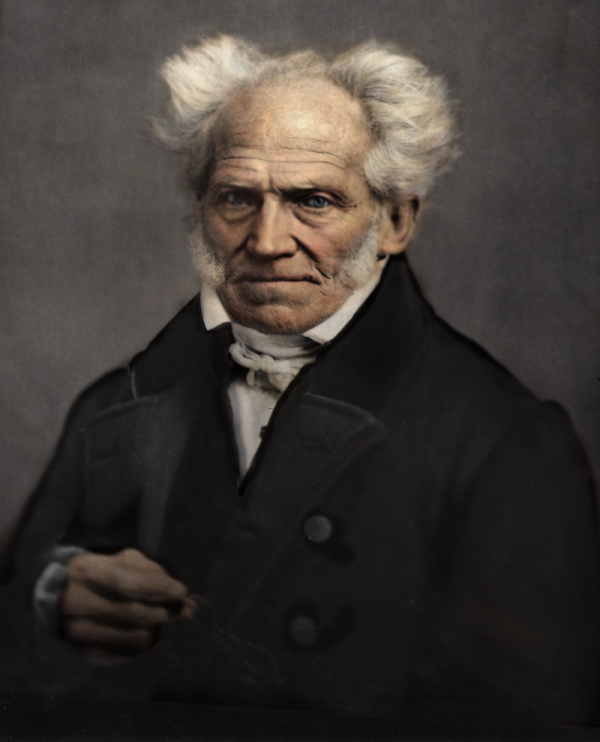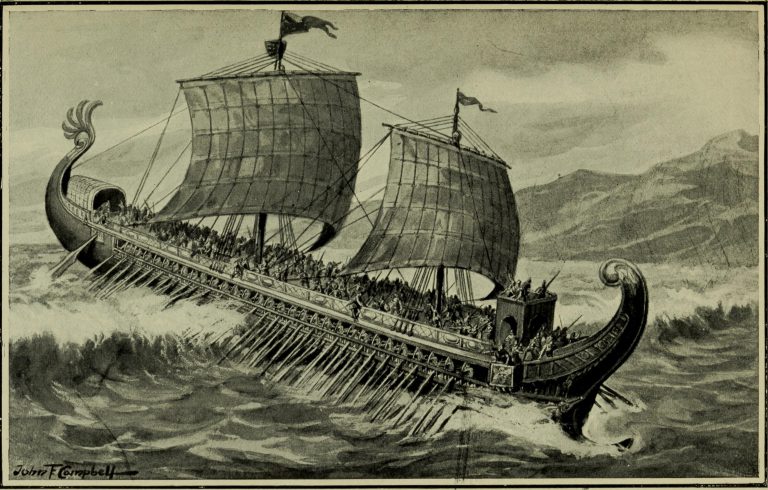
While reading On the Vanity of Existence, an essay by German philosopher Arthur Schopenhauer, I came across this which I will share the excerpt:
“That which has been exists no more; it exists as little as that which has never been. But of everything that exists you must say, in the next moment, that it has been. Hence something of great importance now past is inferior to something of little importance now present, in that the latter is a reality, and related to the former as something to nothing.”
What interesting here is this idea of things that have happened being the equivalent of things that have never happened at all. Schopenhauer here is speaking of presentism, meaning neither the past nor the future exist and the only reality is the here and now. In the present moment, history and fiction share the same status – both are non-existent.
Objection!
One objection I heard against this sort of statement was that: ‘that which no longer exists can still have an influence on the world even long after its passing like concentric ripples spreading out for some time after the rock is thrown into the pond.’
First off there has been no denial of cause and effect, although a thing may well be responsible for having set off some process. But Schopenhauer is not arguing against a process, he is pointing out that the thing itself is impermanent and will share the same state as things no longer present.
“Of every event in our life we can say only for one moment that it is; for ever after, that it was.”
Memory is the main support for this objection. Knowledge of past events give a sense of continuity and stability. We note an effect from its antecedent cause, the ripples expanding out were caused by the rock hitting the water.
But memory itself is a representation of something that once was, and as far as the present moment is concerned, memory is a remnant of something that’s now dead. In the pure awareness of mindfulness, where the thinking process is suspended and the present moment is the only object attended to in one’s mind. What has now past is non-existent and finds no expression in sensuous reality.
Dead or alive
Schopenhauer’s argument can, to great effect, apply to comparing those alive now to those who are now dead. Imagine an influential man who died 5 years ago, say a tycoon, even though he may have made a great impact on the land or perhaps even the whole world and its people – he himself no longer exists. By his non-existence, he cannot directly act to influence reality anymore. So a nobody at a pub who simply picks up a pint of cider to drink from has more power than a tycoon who died 5 years because the former is a reality expressly living in the here and now.
Say that your neighbours were moving house and that this morning the last of the moving vans sped off leaving the once occupied and maybe lively house now an utterly vacant one. As we stand there, feeling the wind blowing by, attending to the present moment – with none of that memory stuff! – it would be as if they were never there at all!
If Marcus Tullius Cicero was not such a prolific writer and a major figure in late republican Rome, with no written records surviving of him at all, then for me as a modern it would be to my mind that he never existed. But in present sensuous reality, Cicero is now the same as something that was never born.
Anyway that’s my assessment from a sole excerpt, any novel perspective offered on this presentism of Schopenhauer’s is appreciated!

